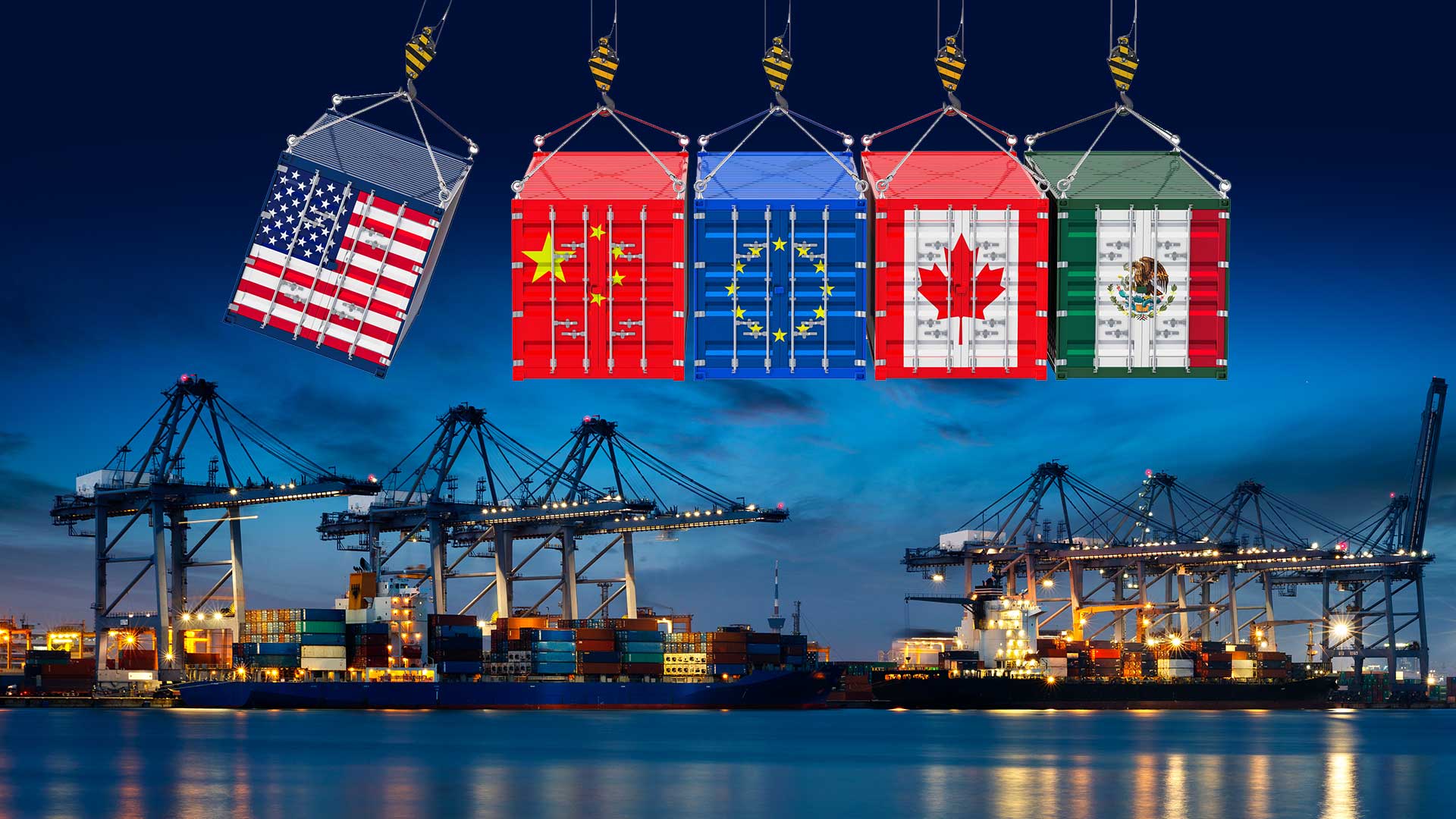Fernando Menéndez, Economist and China-Latin America observer
Dec 31, 2024
Trump's proposed tariffs on Chinese imports serve his nationalist base but ultimately act as a deceptive "shell game," shifting costs to American consumers and producers. While some industries may benefit short-term, the broader economy and middle-class Americans will ultimately bear the long-term consequences.
Zhou Xiaoming, Former Deputy Permanent Representative of China’s Mission to the UN Office in Geneva
Dec 27, 2024
Beijing has put the United States on notice that China will fight to safeguard its interests. Like a giant panda, which will attack someone who pokes it in the eye, China retaliated swiftly after the Biden administration tightened the screws on technology exports. Donald Trump, who has threatened a new trade war, should take careful note.

Dec 20, 2024
Rick Waters is the managing director of Eurasia Group’s China practice. He previously served as the U.S. State Department’s inaugural director of the Office of China Coordination (China House) and as Deputy Assistant Secretary of State for China, Taiwan, and Mongolia in the Biden administration. In a recent interview with James Chau of China-US Focus in Tokyo, Rick Waters addresses potential risks and possible cooperation between the U.S. and China.
Brian Wong, Assistant Professor in Philosophy and Fellow at Centre on Contemporary China and the World, HKU and Rhodes Scholar
Dec 20, 2024
In the run-up to the 2018 mid-term elections, then-President of the US Donald J Trump began to ratchet up the intensity of both his rhetoric and policies targeting China – more specifically, the US-China trade relationship. Castigating the trade deficit as one in which China was unfairly taking advantage of China, Trump fired his first shot in July, imposing tariffs on $34 billion worth of Chinese goods.

Ma Xue, Associate Fellow, Institute of American Studies, China Institutes of Contemporary International Relations
Dec 13, 2024
Trump’s old concept of tariffs originates in U.S. policies from the 19th century. He believes that he excels in the art of creating a “level playing field” to generate jobs at home. But what he is proposing would be the highest tariff level since the Great Depression.

Sourabh Gupta, Senior Fellow, Institute for China-America Studies
Dec 13, 2024
Donald Trump’s trade policies have been characterized by an aggressive use of tariffs, driven by his belief in balancing bilateral trade and prioritizing American production. While these measures have reshaped trade dynamics and escalated protectionism within the U.S., they have also inadvertently strengthened China's global economic position and highlighted the limitations of decoupling efforts.

Zhou Xiaoming, Former Deputy Permanent Representative of China’s Mission to the UN Office in Geneva
Dec 13, 2024
BRICS countries, with a combined GDP approximately 1.5 times that of the United States, can be expected to retaliate against promised U.S. tariffs. These countries — many of which are major traders with China — are likely to make Donald Trump regret his bellicose bullying.
Brian Wong, Assistant Professor in Philosophy and Fellow at Centre on Contemporary China and the World, HKU and Rhodes Scholar
Nov 29, 2024
The Trump administration’s blame-driven approach to U.S.-China relations fueled mutual losses and entrenched scapegoating of China for U.S. domestic issues. Ultimately, subnational diplomacy and pragmatic collaboration are essential for rebuilding constructive ties.
Yu Xiang, Senior Fellow, China Construction Bank Research Institute
Nov 22, 2024
The country is capable of mitigating any ill effects should Trump return to the aggressive form of his first term. China may feel some pressure, but it has built a multilayered economic defense involving domestic demand, fiscal policies, high-tech innovation and international cooperation.
He Weiwen, Senior Fellow, Center for China and Globalization, CCG
Oct 18, 2024
Republican proposal, along with heavy tariffs promised by Donald Trump and certain retaliation by U.S. trading partners, would drive the global economy into a new Great Depression. Rather than trying to punish China, the U.S. should continue to maintain dialogues and establish practical trade and investment collaboration.